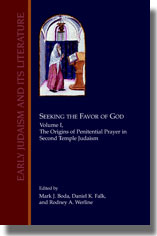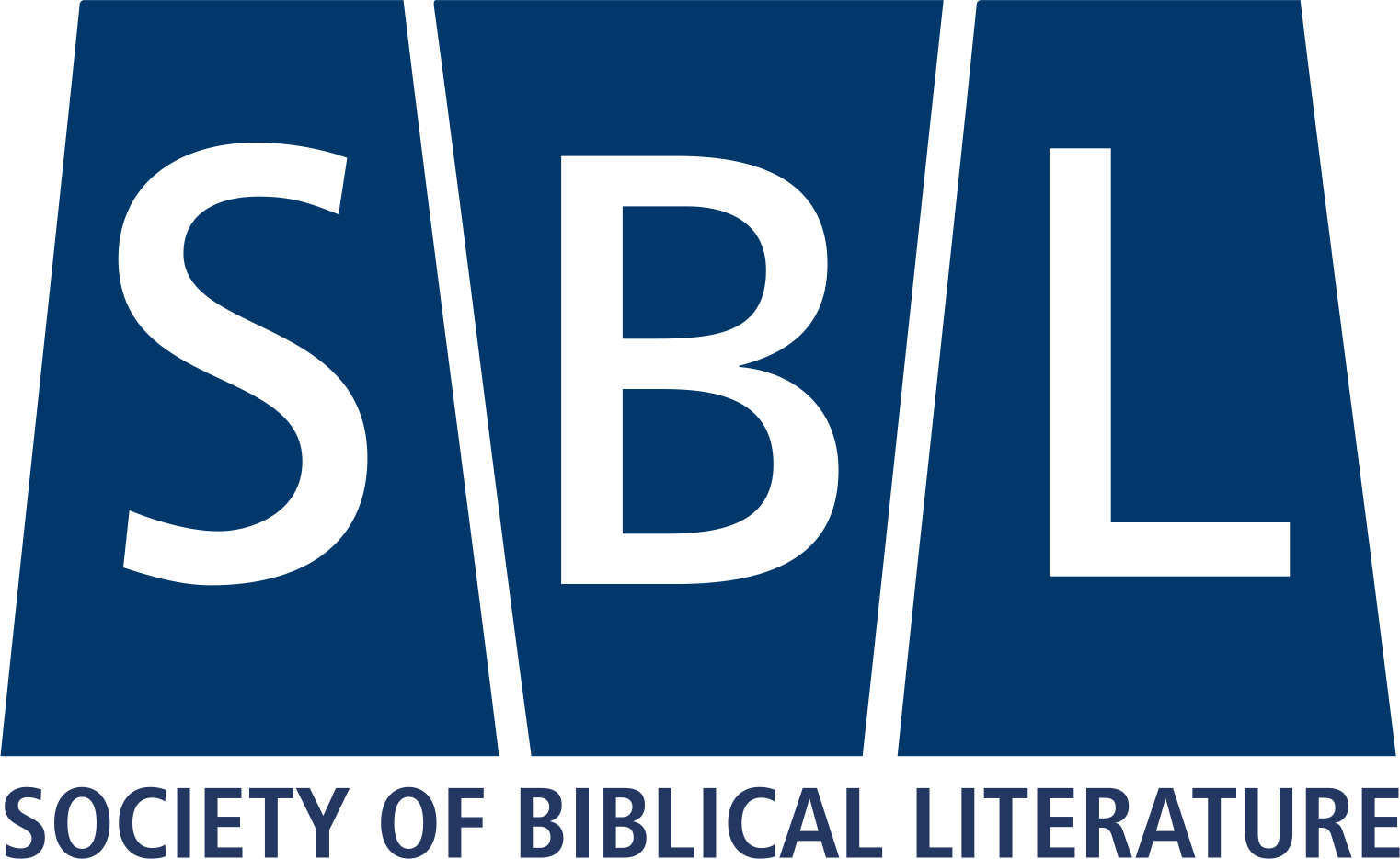
$38.00
The emergence of penitential prayer represents a significant formal shift in the prayer tradition of Israel. The essays collected in this volume investigate the beginnings of penitential prayer literature in the Hebrew Bible in the Babylonian and Persian periods. The contributors offer a fresh look at various aspects of the shift from communal lament to penitential prayer as well as the relationship between them, in the process applying new approaches and methodologies to such questions as the meaning and importance of confession to penitential prayer and the necessity of penitential prayer as a prequel to repentance.
Mark J. Boda is Professor of Old Testament at McMaster Divinity College and co-editor of Bringing Out The Treasure: Inner Biblical Allusion in Zechariah 9–14 (with Michael H. Floyd; T&T Clark, 2004) and Praying the Tradition: The Origin and Use of Tradition in Nehemiah 9 (with Frank Lewis; de Gruyter, 2000).
Daniel K. Falk is Associate Professor of Biblical Studies and Ancient Judaism at the University of Oregon and author of Parabiblical Texts (T&T Clark, 2007) and Daily, Sabbath, and Festival Prayers in the Dead Sea Scrolls (Brill, 1998).
Rodney A. Werline is author of Politics of Prayer (T&T Clark, 2007) and Penitential Prayer in Second Temple Judaism: The Development of a Religious Institution (Scholars Press, 1999).
“The question of the origins of penitential prayer, and in particular its relationship with lament, has puzzled scholars whose response has been to organize a series of consultations at SBL between 2003 and 2005, examining questions of ‘origin’, ‘development’ and ‘impact’. The twelve articles in this first volume are the result of the first consultation and focus on ‘origin’. … The value of the book lies in the diversity of its methodologies, both theoretical reflections and case studies, thus making this collection an important contribution to the field of research on penitential prayer.”
— A. Jeffers, Journal for the Study of the Old Testament
Defining Penitential Prayer
—Rodney A. Werline
“I Was Ready to Be Sought Out by Those Who Did Not Ask”
—Samuel E. Balentine
Confession as Theological Expression: Ideological Origins of Penitential Prayer
—Mark J. Boda
Socio-ideological Setting or Settings for Penitential Prayers?
—Dalit Rom-Shiloni
The Speech Act of Confession: Priestly Performative Utterance in Leviticus 16 and Ezra 9–10
—Jay C. Hogewood
Lament Regained in Trito-Isaiah’s Penitential Prayer
—Richard J. Bautch
The Affirmation of Divine Righteousness in Early Penitential Prayers: A Sign of Judaism’s Entry into the Axial Age
—William Morrow
When None Repents, Earth Laments: The Chorus of Lament in Jeremiah and Joel
—Katherine M. Hayes
“…Why Do You Let Us Stray from Your Paths…” (Isa 63:17): The Concept of Guilt in the Communal Lament Isa 63:7–64:11
—Judith Gärtner
Ezra 9:6–15: A Penitential Prayer within Its Literary Setting
—Michael W. Duggan
Form Criticism in Transition: Penitential Prayer and Lament, Sitz im Leben and Form
—Mark J. Boda
Afterword
—Samuel E. Balentine
